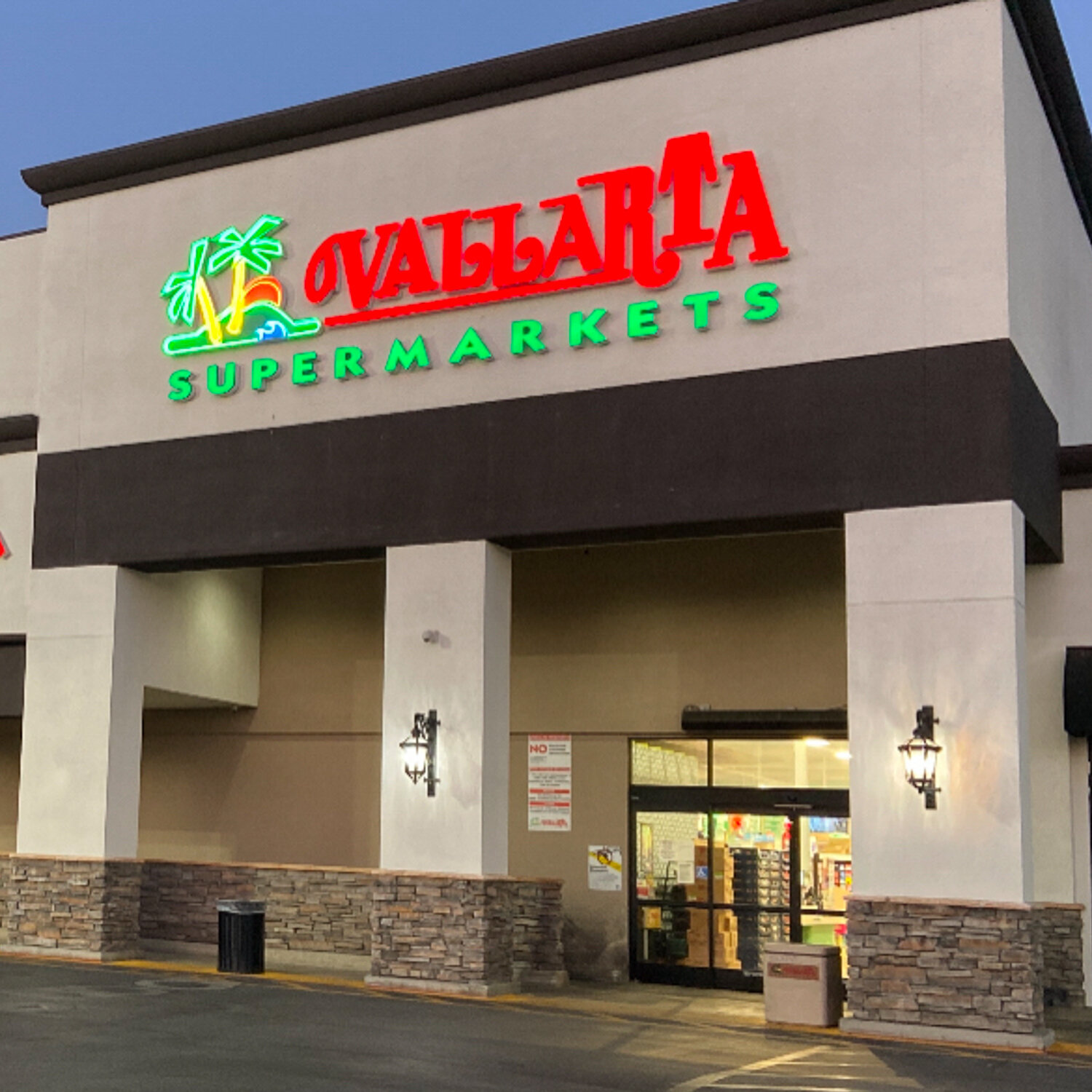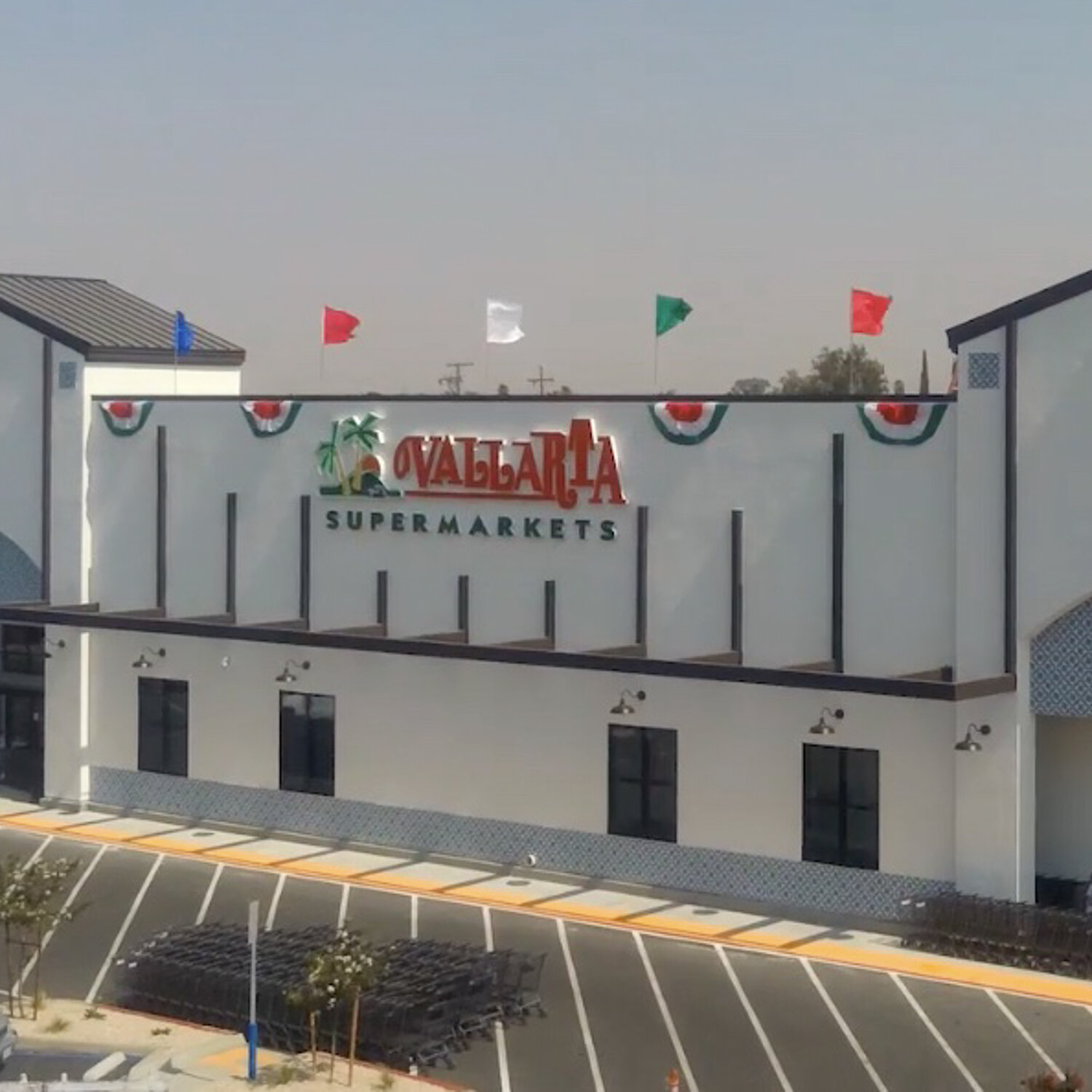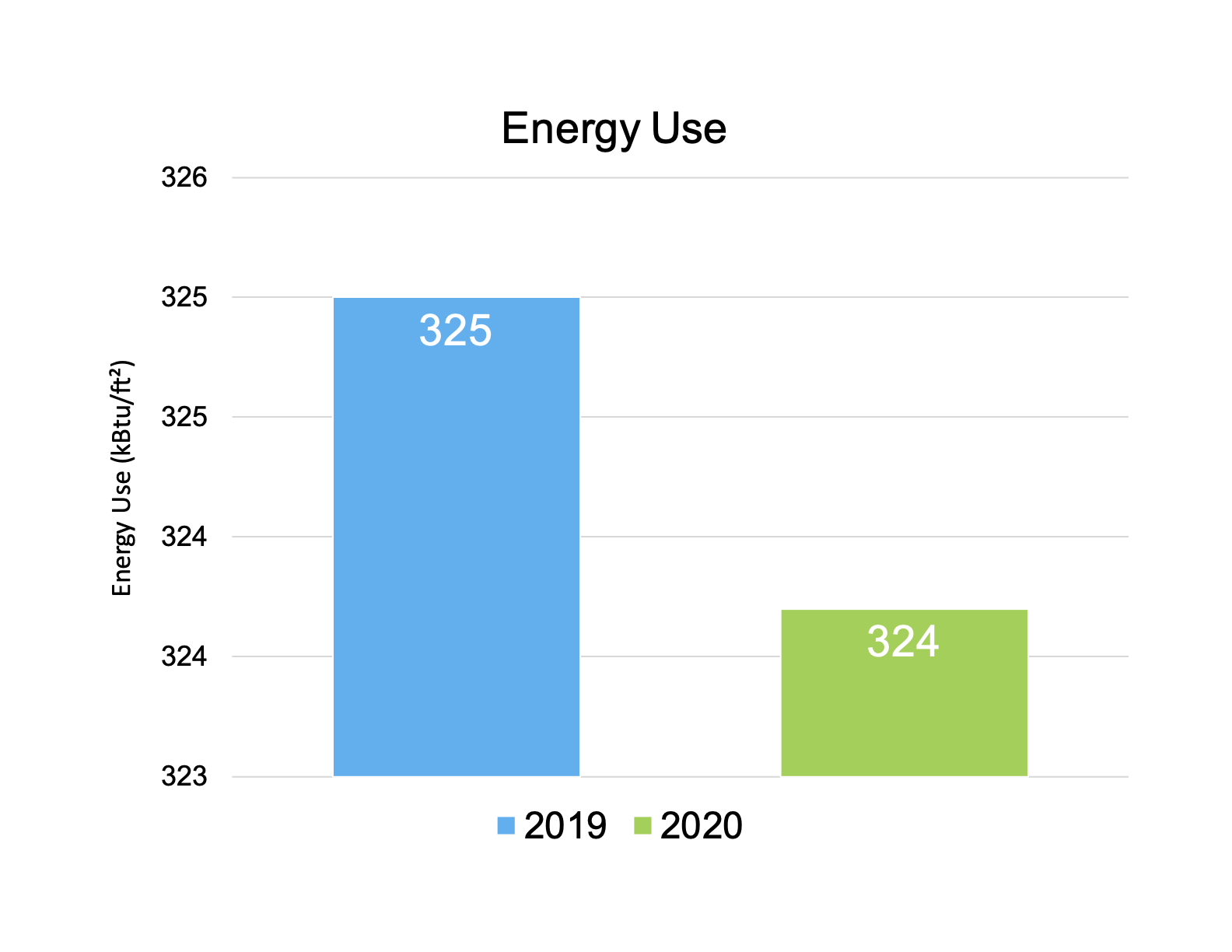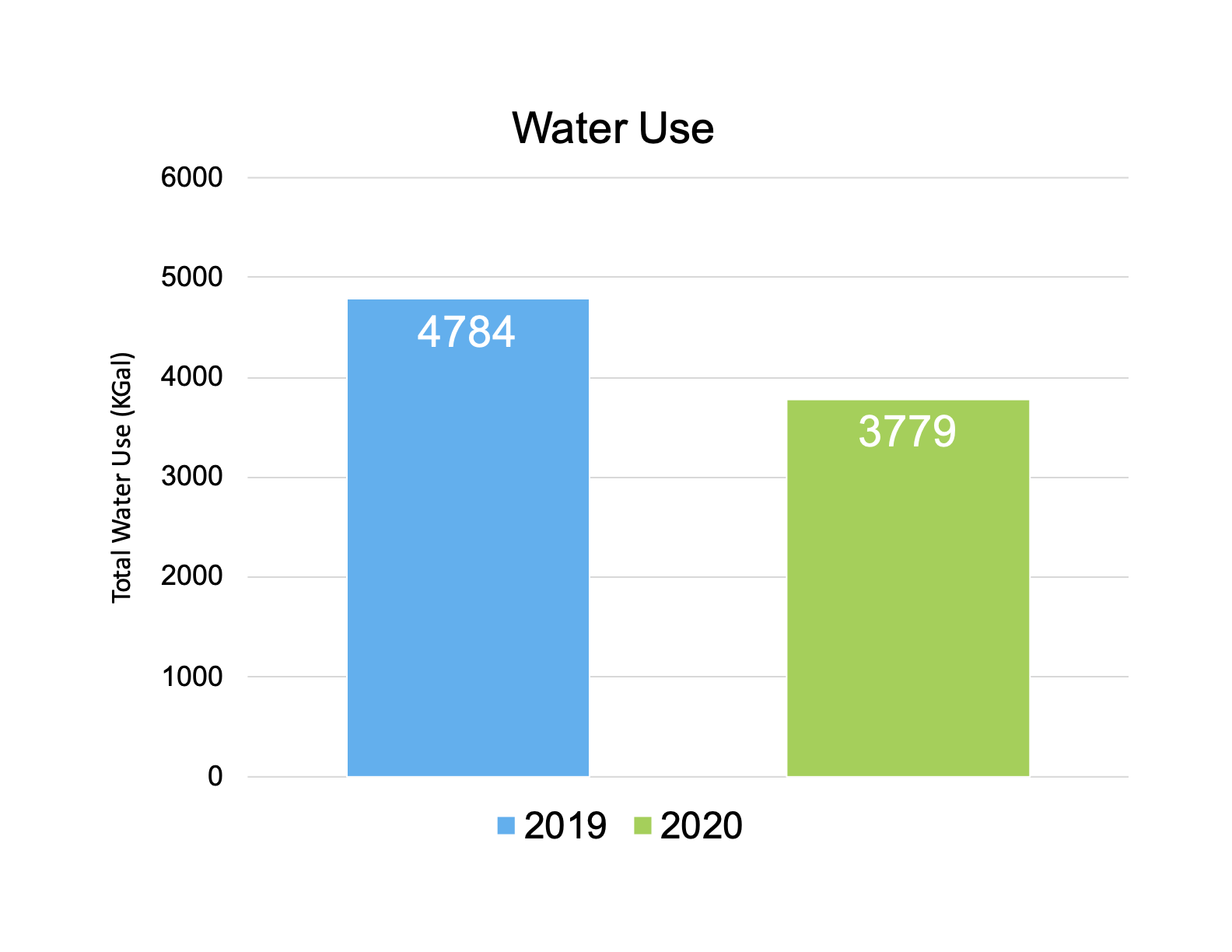Southern California Grocery Chain Vallarta Supermarkets Puts Sustainability at the Forefront of its Growth Strategy
0.4%
Energy Reduction in 2020
21%
Water Reduction in 2020
2021 Innovation Awards: Hometown Hero Award Winner
“Vallarta Supermarket’s key sustainability goal is to maintain fresh, quality food product while reducing energy consumption and utilities expenses. Though individual stores vary by size and layout, new store locations have consistently improved on sustainable design goals at earlier locations.”
STEVE GOH
Director of Energy Management, Vallarta Food Enterprises, Inc.
CHALLENGE
Vallarta Supermarkets, a growing Southern California grocery store chain with more than 50 locations, has made sustainability a primary focus as it opens new stores. With an overarching goal to maintain fresh, quality food while reducing energy consumption and utilities expenses, Vallarta is driven by the hard reality that grocery stores tend to be major consumers of both energy and water. Roadblocks on the pathway to sustainability for a grocery store are many and varied, including the need for extensive refrigeration, energy- and water-intensive food preparation, effective ventilation within an open layout, high vehicle traffic to stores, CO2 accumulation within stores, waste generation and urban heat island effect.
Though each store varies in size and layout, Vallarta has made a point to ensure that new locations have consistently improved on sustainable designs established at earlier locations. All new supermarket locations strive to not simply meet—but exceed—Title 24 energy savings and water reduction benchmarks.
On top of inherent challenges to sustainability presented by the nature of the grocery business, COVID-19 provided additional challenges in 2020. Keeping customers and team members safe became a top priority for Vallarta, as did working creatively within its supply chain to provide the products its customers wanted and needed in the face of manufacturer and supplier issues.
STRATEGY
The four most recent additions to Vallarta’s portfolio—stores in Pasadena, Sylmar, Canoga Park and Madera—best exemplify the sustainability improvements achieved. The Pasadena location, which opened in 2017, first addressed the challenge of climate control within an open floorplan with the introduction of an Energy Management System (EMS), demand control ventilation and CO2 monitoring. Using a dynamic mechanical system consisting of multiple rooftop HVAC units, store operators can use the EMS to maintain temperature set points throughout the store and reduce energy loss by coordinating ventilation with exhaust and CO2 sensors. Energy loads at the units themselves are minimized by removing moisture from the air with a Paragon dehumidifier.
After completing a whole-building energy audit, several more sustainability improvements were introduced at the Sylmar location. Vallarta replaced standard kitchen equipment with more efficient and cost-effective options, found new opportunities for LED lighting and discovered efficiency strategies for existing equipment. Other measures implemented include added parking and charging for electric vehicles; low-flow appliances and restroom fixtures; a waste diversion strategy; cool roofing to mitigate the urban heat island effect; high U-factor glass, renewable energy infrastructure and monitoring capabilities to detect and prevent global warming potential and ozone depletion potential refrigerants.
Vallarta included the same design features from its Sylmar location in its Canoga Park store, then took its efforts further by applying for rebates to support its continued implementation of sustainable design and operations from utility-based programs such as the Energy Efficiency for Rebates, Food Service Rebates, SoCal Water Smart and Savings by Design.
IMPACT
In 2020, Vallarta completed the design and construction of its most recent store, located in Madera. The remodeled 59,837-square-foot building improves upon sustainable design features at its Pasadena, Sylmar and Canoga Park locations. Most notably, the store implemented innovations as part of the HVAC system, which uses a CaptiveAire Paragon rooftop unit to minimize humidity and reduce loads. The sustainable design of Vallarta Supermarket at Madera is a combination of effective, tried-and-true strategies used at recent stores, as well as insights from utility audits and hired consultants.
After the audit of its Sylmar location, Vallarta was ultimately able to reduce refrigeration equipment energy expenditure by 200,000 BTU per hour, increase building envelope efficiency, eliminate R-22 refrigerant, divert 53% of waste from landfills, reduce water waste by 1.2 million gallons per year and cut back on natural gas usage by 7%. As a result, Vallarta’s Sylmar store was awarded a Grocery Stewardship Certification.
The Canoga Park store also made headway for Vallarta, successfully earning financial incentives totaling more than $28,000 in rebates from SoCalGas and SoCal Water Smart. Vallarta leaned on its general contractor A.J. Padelford and Son, Inc., for rebate application management services and sustainable retrofit advice, successfully exceeding Title 24 benchmarks in new and renovated Vallarta Supermarket locations.
Overall, Vallarta’s energy and water efficiency and sustainability efforts have yielded a 17% reduction in electricity use, a 7% reduction in water use, a 15% reduction in natural gas use and a diversion of some 40% of waste going to landfills from 2017 to 2020.











